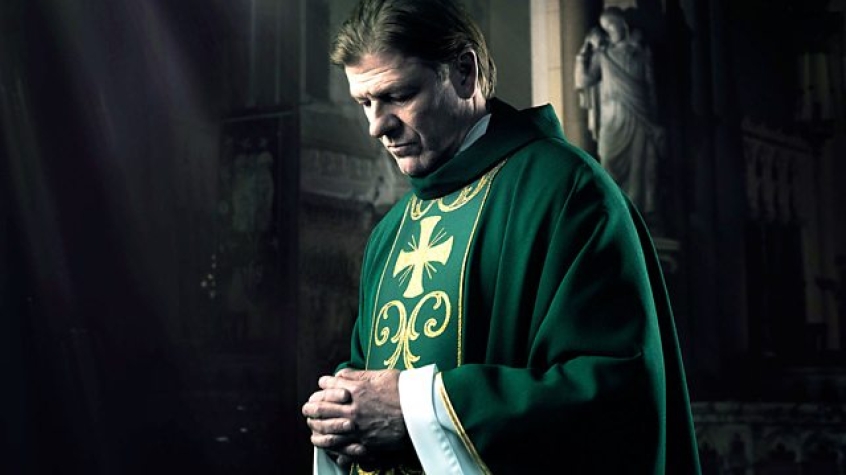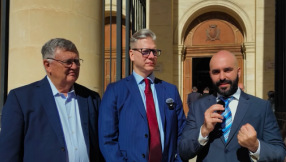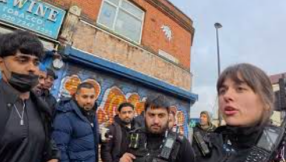TV drama just doesn't do religion well. Take Poldark, the reboot of the 1970s smash hit, currently running in the appropriate Sunday night slot: the Methodists are religious nutters, with their leader Sam Carne – in the books, a virile, thoroughly decent chap at home with saints and sinners – shaking hands with his congregation with a greasy cringe, while being horribly disapproving about innocent pastimes like singing. Because that's what Christians are like, isn't it? Everything's black and white, and they just don't like ordinary people.
Poldark offers a stupid caricature of faith. So thank God for Broken, the best portrayal of religion on screen for years. After tears, heartbreak and tension, last night's concluding episode provided a triumphant resolution that amounted, in a believer's eyes, to a powerful gospel presentation.

If you've missed the story, it's about a troubled priest, Father Michael Kerrigan (Sean Bean), in a tough Northern city. People are poor, oppressed by the system and by their own failings (it was written by Jimmy McGovern, whose territory this is). There's a woman whose mother dies and who keeps her body to claim her pension. There's another who's stolen from her employer to feed her gambling habit. She comes to Father Michael and tells him she's going to commit suicide. She has three children. No spoilers, in case you're going to see it on iPlayer. A major plotline is the shooting of a mentally ill boy by police, with the associated crises of conscience and closing of ranks by all involved. Kerrigan was abused as a boy, and all his sins assail him as he's celebrating mass.
It's not flawless, but it's great drama – and it's the kind of thing Christians should rejoice in. Here's why.
It shows a priest who's totally dedicated to his people. He has a family and friends, but he's given his life to serving God. He lives in a cheerless house, he has no one to come home to, but that's OK.
He's not a fraud. He's a man of prayer, and his instinct is always to seek God and say the words that bring God near, even over the body of his own mother.
He's passionate about people and passionate about justice. His sermon last night about the deadly lure of slot machines is one most ministers would be proud to have preached.
He knows life's complicated, and he walks with people anyway.
He's deeply flawed: his own complicity in a terrible tragedy has to be dragged from him and nearly sabotages a crucial pastoral relationship.
This is, as a refrain last night indicated, a 'wonderful priest' – and with wonderful priests and pastors, there's still hope for the Church.
And in spite of all its faults, the Church itself is a place of healing. Perhaps more than that, it's an arena where the most serious moral questions are fought out in the sight of God and in the context of faith.
Broken? Yes, but mended, in the end. That's what the gospel does.
Follow Mark Woods on Twitter: @RevMarkWoods













